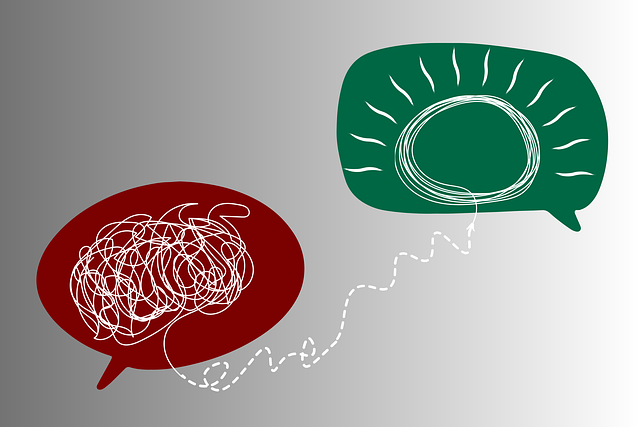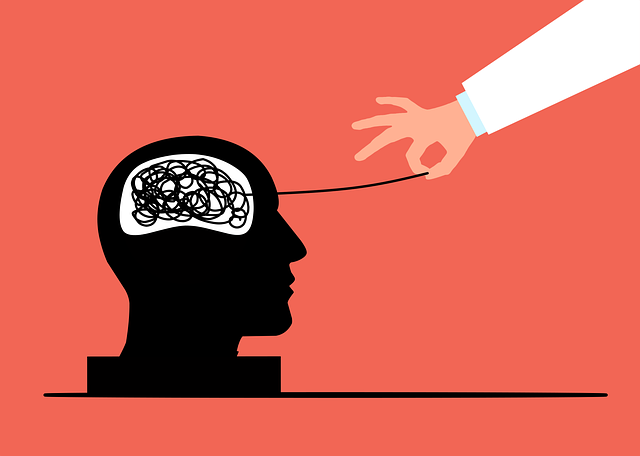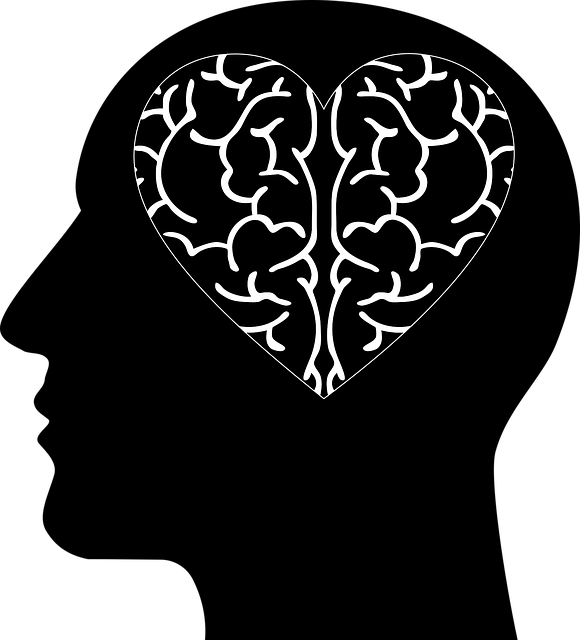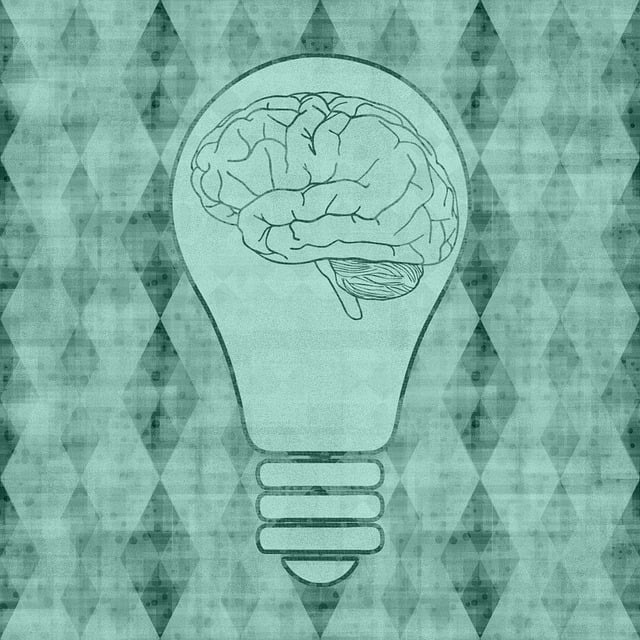Longmont Mental Health Evaluations and Therapy centers prioritize cultural diversity in mental healthcare, building trust through storytelling podcasts that challenge stigma and improve self-esteem. This approach ensures clients feel heard and understood in safe, culturally sensitive spaces. By recognizing and valuing each client's unique background, therapists create inclusive environments that enhance patient-provider relationships, prevent burnout, and guide effective crisis interventions, providing culturally appropriate care for diverse communities in Longmont.
In today’s diverse society, cultural sensitivity is paramount in mental healthcare. Understanding and respecting various cultural backgrounds significantly impacts evaluations and therapy outcomes. This article explores the importance of cultural diversity in mental health practice, delving into communication gaps, stereotypes, and sensitive topics. We navigate challenges such as language barriers and biases, offering strategies for culturally responsive care, including training, tailored therapies, and inclusive environments—essential components for Longmont mental health evaluations and therapy.
- Understanding Cultural Diversity in Mental Healthcare
- – Exploring the significance of cultural sensitivity in mental health practice
- – Recognizing and acknowledging diverse cultural backgrounds of clients
Understanding Cultural Diversity in Mental Healthcare

In the realm of mental healthcare, recognizing and respecting cultural diversity is paramount to delivering effective treatment. Longmont Mental Health Evaluations and Therapy centers cater to a vibrant tapestry of individuals from various ethnic, racial, and cultural backgrounds, each bringing unique experiences and perspectives. Understanding these nuances is essential for building trust and fostering meaningful connections between clients and care providers. By embracing cultural sensitivity, therapists in Longmont can create safe spaces that encourage open dialogue, ensuring every client feels heard and understood.
Empathy-building strategies play a pivotal role in this process. Mental wellness podcast series production often incorporates storytelling and personal narratives from diverse communities to increase awareness and understanding. Through these platforms, clients can share their journeys, including challenges related to cultural identity, mental health stigma, and access to care. Such initiatives not only promote self-esteem improvement but also equip therapists with valuable insights, enabling them to adapt their approaches for more personalized support.
– Exploring the significance of cultural sensitivity in mental health practice

In the realm of mental healthcare, cultural sensitivity is a cornerstone of effective practice, particularly in diverse communities like Longmont where a multitude of backgrounds and beliefs coexist. It involves understanding and appreciating the unique cultural contexts that shape individuals’ experiences and expressions of mental health issues. This sensitivity transcends mere communication; it requires professionals to recognize and respect different norms, values, and practices related to health and wellness. By incorporating this perspective into evaluations and therapy sessions, practitioners can create safer, more inclusive environments for all clients.
Beyond enhancing patient-provider relationships, cultural sensitivity plays a vital role in burnout prevention among mental health professionals. Recognizing and navigating cultural differences effectively reduces the risk of miscommunication and potentially traumatic interactions. Moreover, it guides crisis intervention strategies, ensuring that interventions are culturally appropriate and responsive. This is particularly relevant in situations requiring urgent care, where a thorough understanding of the client’s cultural landscape can significantly influence the effectiveness of Crisis Intervention Guidance.
– Recognizing and acknowledging diverse cultural backgrounds of clients

In providing effective mental healthcare, it’s paramount to recognize that each client enters the therapeutic space with a unique cultural background, shaped by their personal history, community norms, and beliefs. This cultural diversity is not just a demographic fact but a critical aspect of every client’s identity that influences their experiences, perceptions, and interactions. Mental health professionals in Longmont, whether conducting evaluations or offering therapy, must be attuned to these differences to ensure culturally sensitive care.
Understanding and acknowledging these diverse backgrounds fosters an environment where clients feel seen, heard, and respected. This awareness is crucial for building trust and confidence (Confidence Boosting) between the therapist and client. It also guides therapists in tailoring their approach, ensuring that evidence-based practices are delivered sensitively and effectively, taking into account the client’s cultural context. This personalized care enhances mental health awareness and promotes positive outcomes for individuals seeking support through Longmont Mental Health Evaluations and Therapy services.
Cultural sensitivity is a cornerstone of effective mental healthcare, especially in diverse communities like Longmont. By understanding and recognizing the unique cultural backgrounds of clients, therapists can provide more personalized and inclusive evaluations and therapy services. This approach not only enhances the quality of care but also fosters trust and encourages open communication, ultimately leading to better outcomes for everyone. For those seeking support in Longmont, finding culturally sensitive mental health professionals is a vital step towards receiving the compassionate and tailored treatment they deserve.














